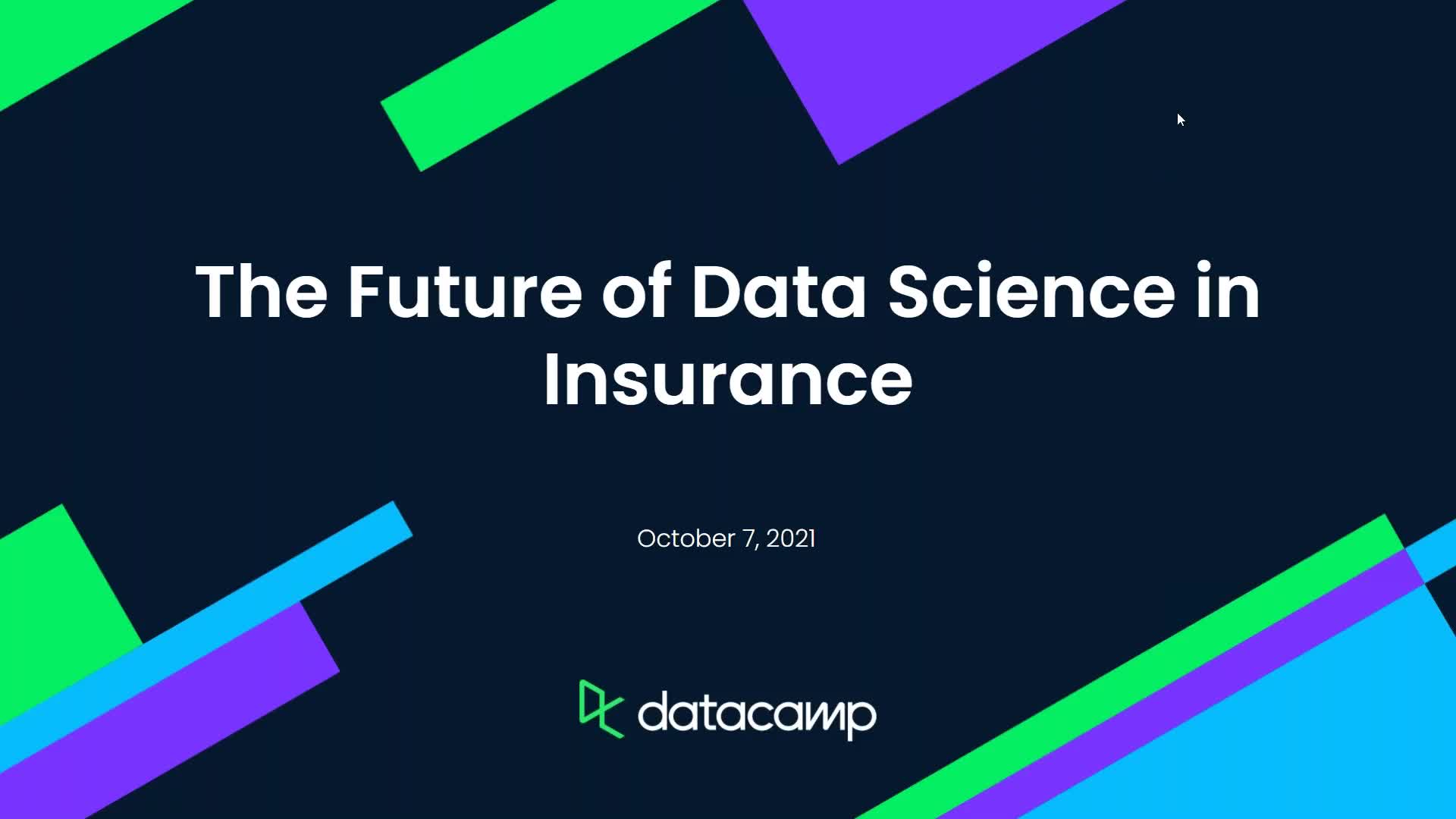Accéder au contenu principalPour les entreprises





Haut-parleurs


Sudaman TM
Regional Chief Data and Analytics Officer at Allianz Benelux
Formation de 2 personnes ou plus ?
Donnez à votre équipe l’accès à la bibliothèque DataCamp complète, avec des rapports centralisés, des missions, des projets et bien plus encoreConnexe
webinar
Building Data Cultures
Learn how to build a data culture from Allianz Benelux Regional CDO Sutaman T Mwebinar
From Data to Insights: Value Creation with Data in Financial Services
Throughout this webinar, Dan shares his insights on various use cases that financial services leaders can operationalize to drive value with data.webinar
Webinar | AI, Finance, and Algorithmic Trading
Investigate how AI, ML, and data science impact finance and algorithmic trading.webinar
From Data to Insights: Value Creation with Data in Financial Services
Throughout this webinar, Dan shares his insights on various use cases that financial services leaders can operationalize to drive value with data.webinar
Data Skills to Future-Proof Your Organization
Discover how to develop data skills at scale across your organization.webinar
Adding Value in Pharma Through Data & AI Transformation
In this session three pharmaceutical executives, with experience as Chief Data Officers and strategic consultants, discuss techniques to improve your digital capabilities.Join 5000+ companies and 80% of the Fortune 1000 who use DataCamp to upskill their teams.
Loved by thousands of companies
